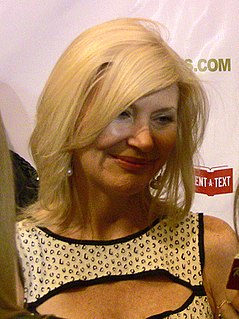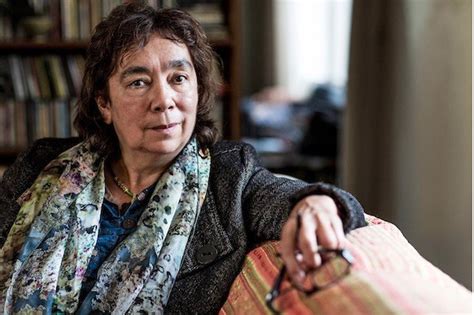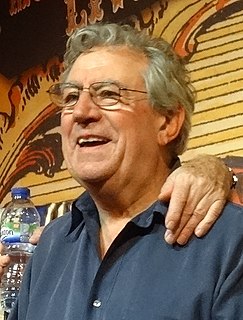A Quote by Sufjan Stevens
I think a lot of my interest in history now isn't so much in places and names and texts and public figures, but more in examining all the nuances and idiosyncrasies of particular stories of everyday people. And if that doesn't happen, then I usually transplant myself and my own stories to a particular historical event. Which is why you'll see me, the first person pronoun, interacting in a song about Carl Sandburg, or you'll find my [sic] interacting with Saul Bellow. It's sort of a re-rendering of history and making it my own.
Quote Topics
About
Event
Everyday
Everyday People
Examining
Figures
Find
First
First Person
Happen
Historical
History
Idiosyncrasies
Interacting
Interest
Lot
Making
Me
More
Much
My Own
Myself
Names
Now
Nuances
Own
Particular
People
Person
Places
Public
Public Figure
Public Figures
Rendering
See
Song
Sort
Stories
Texts
Then
Think
Transplant
Which
Why
Related Quotes
I love telling stories. I think of myself as a storyteller, and I don't feel bound by being just a singer or an actress. First, I'm a storyteller, and history is stories - the most compelling stories. There is a lot you can find out about yourself through knowing about history. I have always been attracted to things that are old. I have just always found such things interesting and compelling.
I am not a historian, but I find myself being more and more fascinated by history and now I find myself reading more and more about history. I am very interested in Napoleon, at the present: I'm very interested in battles, in wars, in Gallipoli, the First World War and so on, and I think that as I age I am becoming more and more historical. I certainly wasn't at all in my early twenties.
It has been said, "History is written by the victors." I take this to mean we can make ourselves victorious by writing, and then rewriting our own stories. In a country and culture so dominated by media, by the manipulation of words and stories, telling the tales of people whose stories historically have not been told is a radical act and I believe an act that can change the world and help rewrite history.
I was familiar with Lovecraft, I also was familiar with his history as a person. So I had read his stories but I wasn't bananas like I think that a lot of people get bananas. I was like, they're good and I can definitely see the influences - but I can definitely read them and see the parts where you're being racist right there in your own stories.
So I found myself telling my own stories. It was strange: as I did it I realised how much we get shaped by our stories. It's like the stories of our lives make us the people we are. If someone had no stories, they wouldn't be human, wouldn't exist. And if my stories had been different I wouldn't be the person I am.
History has got a lot to do with unique circumstances under certain particular cases and grand theories will always find counter cases. I don't think that people whose expertise lies in one thing should try to make grand theories about something (a) where it's very hard to get the evidence to prove that you're right and (b) where it's much too easy to make up stories that seem right.
In astronomy, the law of gravitation is plainly better worth knowing than the position of a particular planet on a particular night, or even on every night throughout a year. There are in the law a splendour and simplicity and sense of mastery which illuminate a mass of otherwise uninteresting details. But in history the matter is far otherwise. Historical facts, many of them, have an intrinsic value, a profound interest on their own account, which makes them worthy of study, quite apart from any possibility of linking them together by means of causal laws.




































